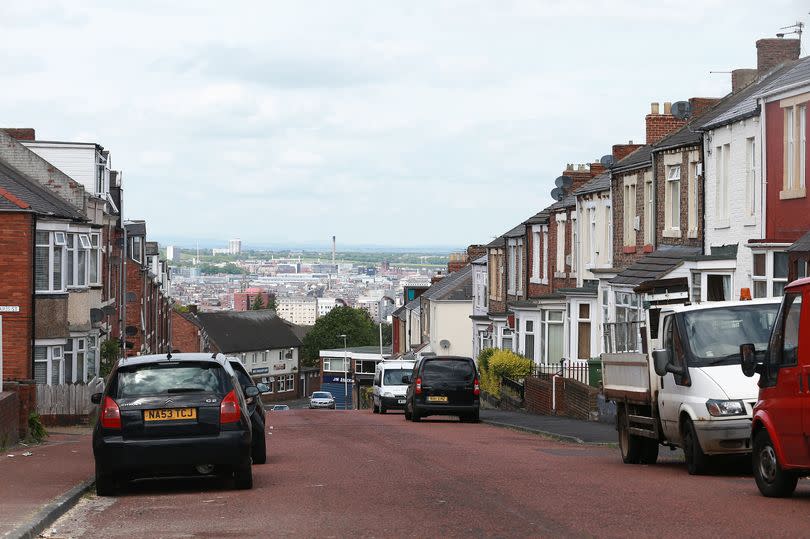New plans to protect Gateshead residents left to live in squalid conditions by rogue landlords

A crackdown is set to be launched on rogue landlords across Gateshead who leave their tenants to live in squalid conditions.
Council bosses have announced plans for a major expansion of measures to protect renters and improve housing standards in thousands of properties. The move would force landlords across more than a third of Gateshead’s private rented properties to undergo a ‘fit and proper’ persons test to obtain a licence from the local authority and be subjected to fines up to £5,000 or prosecution if they do not manage them correctly.
It is hoped that a significant widening of the town’s selective licensing scheme will help combat problems of damp, cold, dangerous wiring and chronic anti-social behaviour plaguing some of Gateshead’s most deprived communities. Gateshead Council already operates such measures in the Avenues area of Bensham, which are due to expire by the end of April 2025.
But a proposed expansion would see selective licensing imposed in 16 separate problem areas in 10 different wards across the borough, a total of around 5,400 homes that equate to 34% of Gateshead’s private rented housing. The council’s cabinet was told on Tuesday morning that all of the areas in question suffered from high levels of deprivations, poor housing conditions and recurrent anti-social behaviour – with the 16 locations spread across the wards of Birtley, Bridges, Chopwell and Rowlands Gill, Deckham, Dunston and Teams, Felling, High Fell, Lobley Hill and Bensham, Saltwell and Whickham North.
A cabinet report warned that “ineffective property and tenancy management by some landlords is having a detrimental effect on the health and wellbeing of some of the most vulnerable private renters”.
It added: “When tenants fear eviction, rent increase and are faced with a lack of alternative housing options this system fails and poor standards can proliferate. Selective Landlord Licensing (SLL) removes the onus from the tenant, creating a programme of proactive housing inspection, assessment of landlord’s suitability and management arrangements and a criminal offence should landlords fail to licence, or to comply with conditions.”
The council is only allowed to impose selective licensing on 20% of private rented homes in its area without approval from the Government, so the cabinet was told on Tuesday that the new proposals would need to be introduced in a phased manner – with plans to target an initial 3,000 properties that pose the most serious health hazards. Approval would then be sought from the Department of Levelling Up, Housing, and Communities to push ahead with the full scheme.

Deputy council leader Catherine Donovan said that local authorities need “more teeth” to take on bad landlords and that most of Gateshead’s previous selective licensing measures had proved popular and effective. Fellow Labour councillor John McElroy added that Gateshead had initially been a “trailblazer” for the policy and expressed hopes that the next government will allow councils to take universal action covering every home in their area.
He said: “We have a lot of work here and it is a shame that, even with what is proposed here, that artificial [20%] limit is there. It is denying some renters possible improvements in their tenure.”
Lib Dem opposition leader Ron Beadle praised the idea as “excellent” and highlighted one property in his ward that was “causing havoc as a result of a landlord that absolutely didn’t care”. A 12-week consultation on the selective licensing expansion is expected to be launched, the results of which will be reported back in October before the plans are signed off.
It is proposed that affected landlords would have to pay £850 to secure a licence from the council and would be subject to a test to ensure that they are a ‘fit and proper’ person to manage a tenancy. Landlords who then breach their conditions could face either a financial penalty up to £5,000 or a prosecution, while the council can also revoke their licence and take over the property.

 Yahoo News
Yahoo News 
